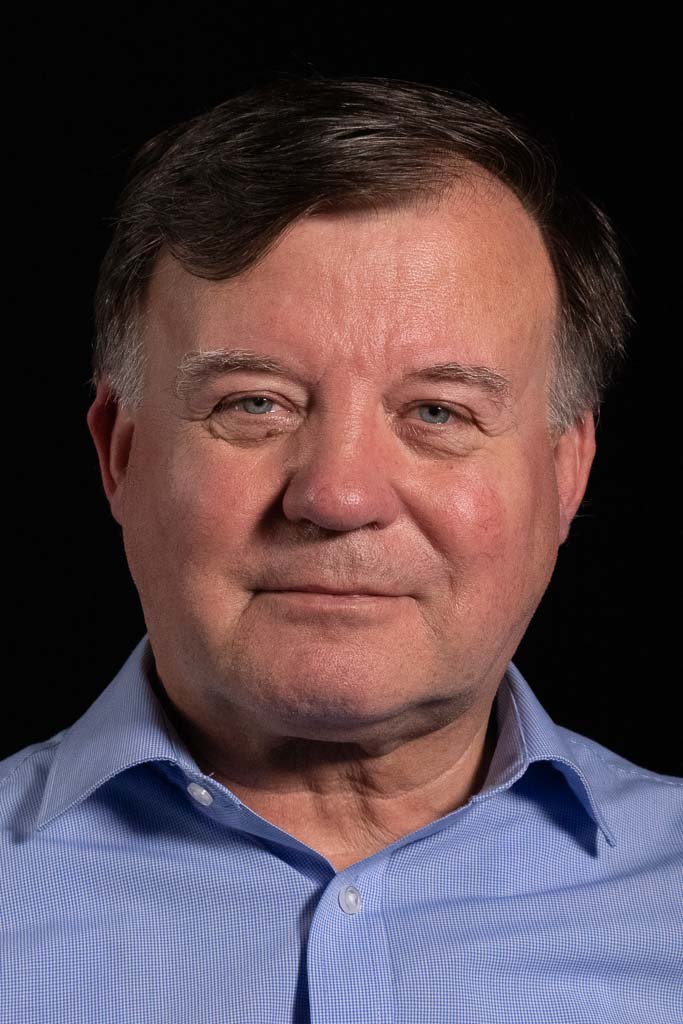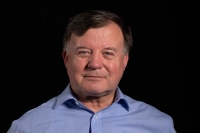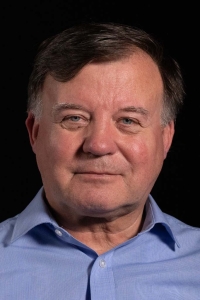I told myself I don´t care I’d be fired, and I signed the charter.

Download image
Jan Bednář was born on 1 February 1953 in Prague. His mother was Otta Bednářová, a dissident, journalist and co-founder of the Committee for the Defence of the Unjustly Prosecuted (VONS). After the invasion of the Warsaw Pact troops in August 1968, he spent two months in Vienna, where he went with his mother and brother. In 1972 he graduated from the Gymnasium Na Zatlance. Thanks to the fact that he concealed the fact that his mother had been expelled from the Communist Party of Czechoslovakia (KSČ), he was admitted to university. From 1972 to 1977 he studied at the University of Economics (VŠE) in Prague. In December 1976, he signed the Charter 77 declaration, which prevented him from completing his studies. He then worked in various blue-collar professions. In the following years he was followed by State Security Service (StB), interrogated and later forced to emigrate as part of the Asanace Action. In June 1982 he travelled to the UK, where he settled. From 1982 to 1985 he studied at Oxford University. He then worked in the Czechoslovak editorial office of the BBC in London until 1992. In 1992 he returned to Czechoslovakia permanently. In 2021 he lived in Prague.

